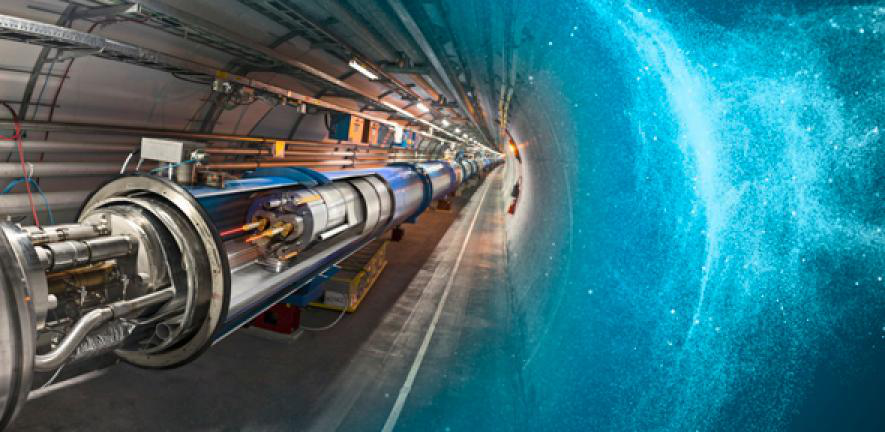Speaker
Description
The direct detection of gravitational waves opened an unprecedented channel to probe fundamental physics. Proposed extensions of our current theories predict a dispersion of the gravitational waves during their propagation, leading to a modification of the signals observed by ground-based interferometers compared to their predictions from general relativity. In this talk, I present several analyses probing different alternative models of gravitation with various observables. Using the multimessenger events consisting of gravitational waves and their electromagnetic counterpart, the speed of gravity is measured by comparing the arrival time of the two signals while extra dimensions and scalar-tensor theories are constrained from the comparison of the luminosity distance inferred independently from both signals. Relying only on gravitational wave signals, a large class of proposed theories, including as the existence of massive graviton, predict a frequency-dependent dispersion of the gravitational waves breaking local CPT and/or Lorentz symmetry. Constraints on the modified dispersion relation and effective field theories coefficients are obtained from the analysis of the third LIGO-Virgo detections catalog.

